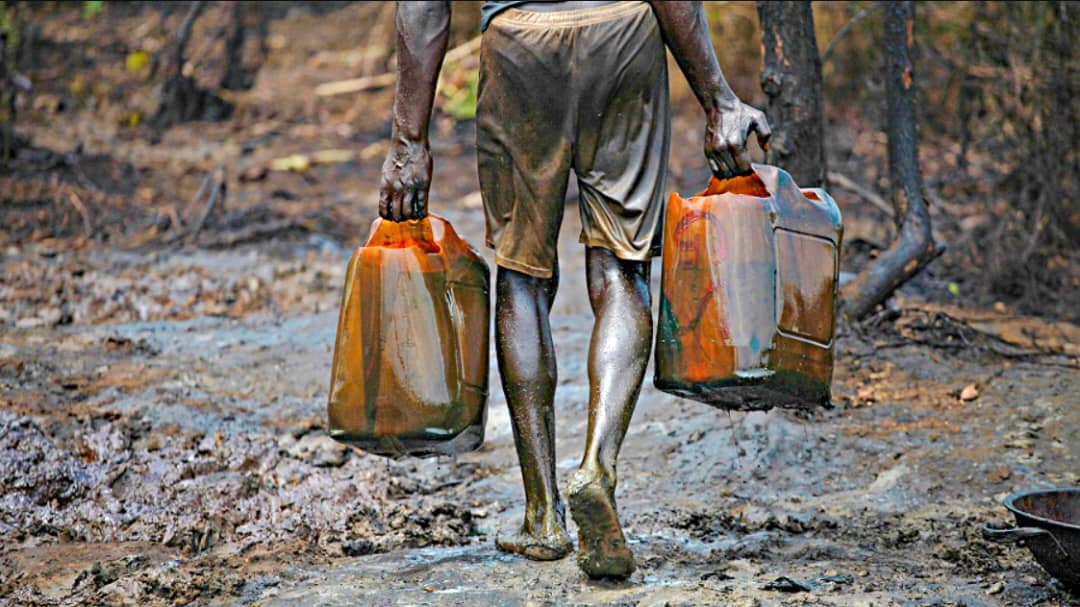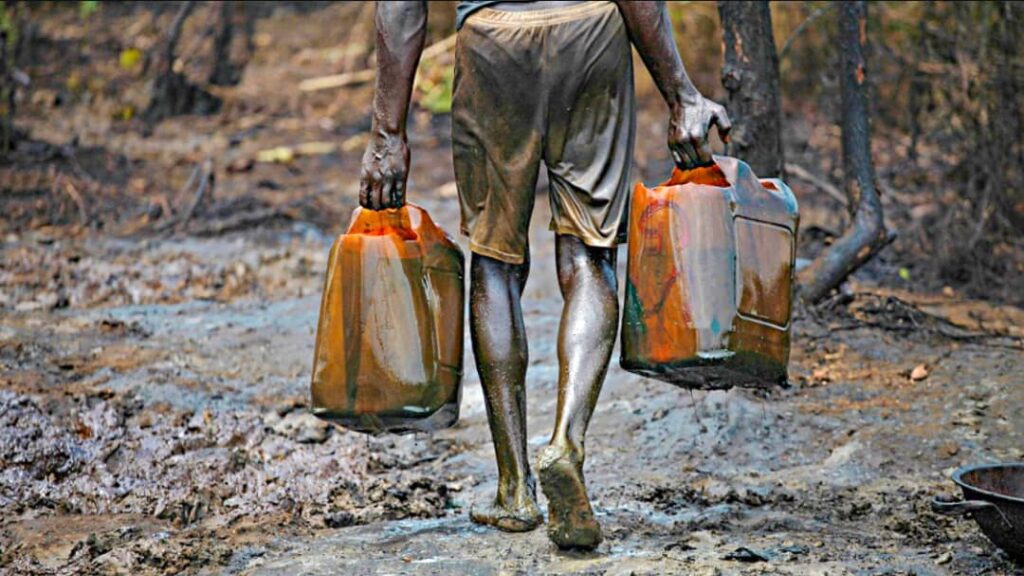
Nigeria has witnessed a significant triumph in its battle against crude oil theft, with incidents plummeting to 5,000 barrels per day (BOPD) as of January 2025. This dramatic reduction has directly contributed to a surge in the nation’s oil production, now reaching 1.75 million barrels per day (BPD).
This positive development marks a turning point for Nigeria’s oil industry, which has struggled with theft and vandalism for years.
Gbenga Komolafe, Chief Executive of the Nigerian Upstream Petroleum Regulatory Commission (NUPRC), announced this encouraging news at the Renewed Hope Global Town Hall Conference in Abuja. He credited the current administration’s comprehensive reforms and enhanced security measures as the driving forces behind this success.

these initiatives have targeted both the physical security of oil infrastructure and the engagement of local communities.
The turnaround is particularly noteworthy considering the dire situation in 2022, when Nigeria’s oil production plummeted to a mere 1.1 million barrels per day. This drastic decline, largely attributed to widespread crude oil theft and pipeline vandalism, severely impacted the nation’s economy. Reduced oil export revenues forced Nigeria to rely more heavily on debt and other less desirable financing options.
Recognizing the critical importance of oil to its economy, the Nigerian government prioritized addressing this issue. The NUPRC took the lead, implementing a multi-pronged approach to safeguard oil infrastructure and revitalize production. This strategy involved both kinetic and non-kinetic interventions, addressing the problem from multiple angles.
Kinetic interventions focused on bolstering the physical security of oil facilities. This included deploying armed security personnel to strategic locations along pipelines and production sites, increasing surveillance through drones, CCTV cameras, and satellite technology, and conducting raids on illegal refineries and theft camps. These actions aimed to disrupt organized theft networks and deter future criminal activity.
read alsohttps://naijanewswatch.com/2babas-mother-expressed-her-strong-disapproval/
Complementing these security measures, non-kinetic interventions emphasized community engagement and collaboration. The NUPRC established partnerships with local communities, incentivizing residents to protect pipelines and report theft. Regular dialogues with traditional rulers, community leaders, and local businesses fostered trust and cooperation. Economic empowerment initiatives, designed to create job opportunities in oil-producing areas, further reduced the economic motivations for oil theft.




